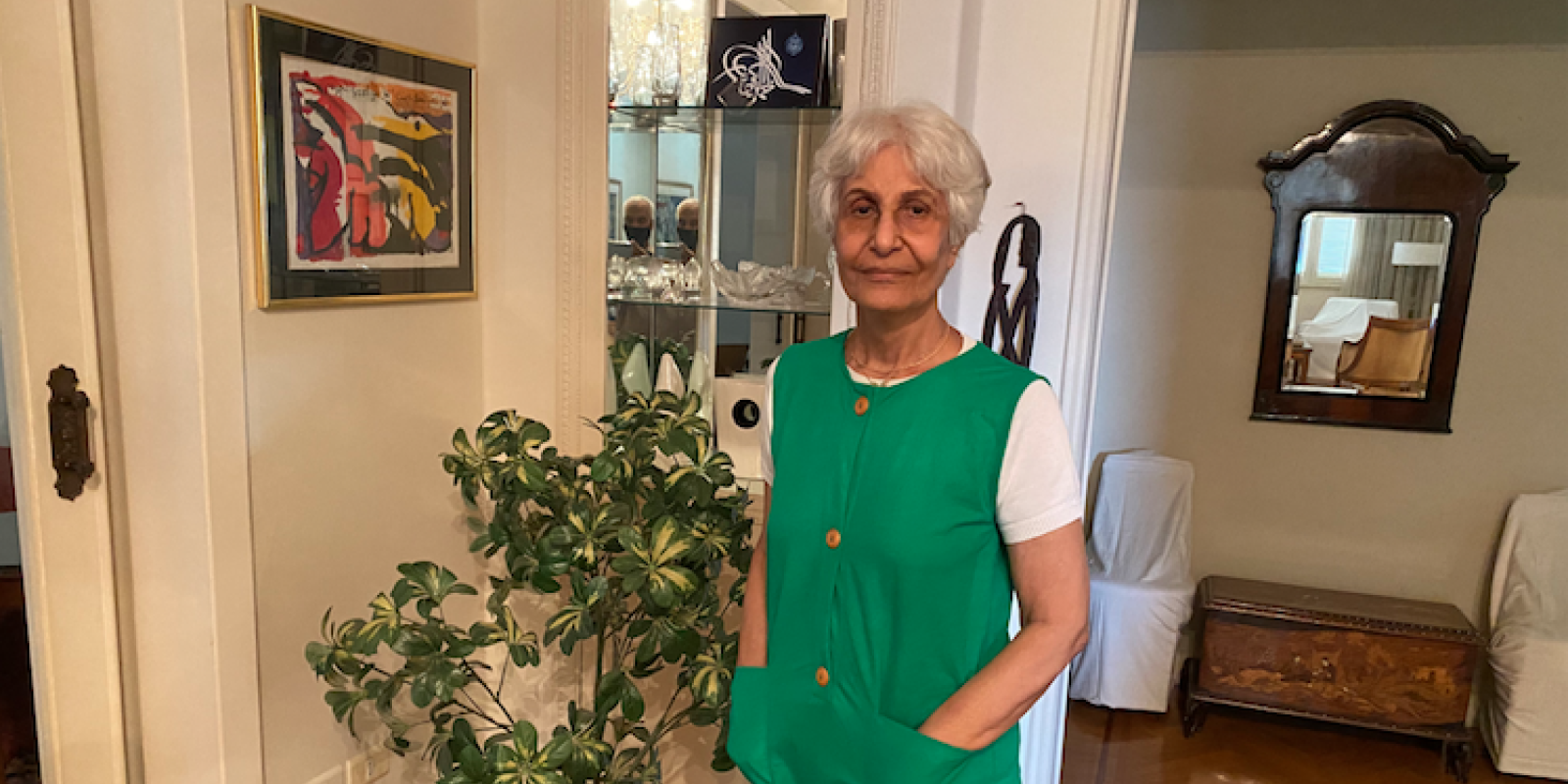
Changing Perspectives: Anthropology's Unique Life Lessons
For Soraya Altorki, professor of anthropology, the study of anthropology is more a look into different perspectives on life than it is a science. That’s why she established the Soraya Altorki Award in Ethnographic Research, giving students the chance to write publishable work and increase their interest in anthropology. Each Spring, the Award Committee will select the best piece of ethnographic, for a $1000 prize.
“My hope is that [my students] have somehow picked up a perspective,” Altorki said about the award. “That's why and I feel so grateful for this opportunity. That's why I established an award for more of the graduate students to write some graphic piece that will help understand these different situations around us. I have a passion about anthropology.”
Altorki’s love for anthropology runs deep. She is the first Saudi Arabian woman to get a PhD in the subject, after have graduated from the University of California in Berkley in 1973. She attended boarding school in Alexandria in the mid 50s, then graduated from AUC. The study of anthropology was relatively new in the Arab world when she specialized in it, but she believes it is one of the most important subjects today.
“One is all the more enriched by learning and practicing anthropology,” she said. “It teaches this, I think, respect for all human beings and appreciation of their culture everywhere, wherever they are. And that, I think, is something very much needed today, that we listen on equal terms to others, and not to kind of use our own perspective to judge other societies.”
What drew her to study it in the first place is the human interaction involved. Labs, she said, are not her forte, but having a casual chat with someone teaches you more than any textbook can ever. And it teaches you to let down your preconceived notions about individuals and societies.
“We sit and chat. And we come out of it changed ourselves. We discover more about our own humanity in the course of learning about the show. That's very appealing. I don't find it in other fields,” she said.
She likes to describe anthropology as “enriching,” saying that when one travels as an anthropologist, it is humbling, for you are able to have dialog with people on equal terms.
“We need to look at others as equals that sometimes to realize we are not really we don't go much further with this technology than they do with their simple way of life,” she said.
Most of all, she believes anthropology is fun. Going to a new culture, learning the language, and living there is an experience you don’t get anywhere else.
Most of Altorki’s research focuses on gender and women’s issues. This, however, was not a choice. When she moved back to Saudi Arabia to complete fieldwork for her PhD, she was only allowed to work with women. Her research continued in that area, but she has ventured into different directions since, including family units, religion — Islam in particular — and Arab societies.
Altorki moved back to Saudi Arabia after completing her PhD, hoping to be a part of the change in women’s education and the emerging field of anthropology in the region. While she ran into some road bumps that eventually got her to leave her home country, she finds achievement in witnessing her students change their perspectives her at AUC.
She recalled a time when some students were making fun of how people in Saudi Arabia eat with their hands. “I told them ‘ I want you to know that my family sat down on the floor. And we ate with our hands.’ And there’s a moment of silence. When I think that their perspective is beginning to change, knowledge they can get anywhere, the sis where I feel greatly rewarded.”
And it’s in these students that she wants to invest time and knowledge, so thatchy grow up to understand the world from different perspectives, so that they view others as equals, and appreciate the diversity surrounding them.
